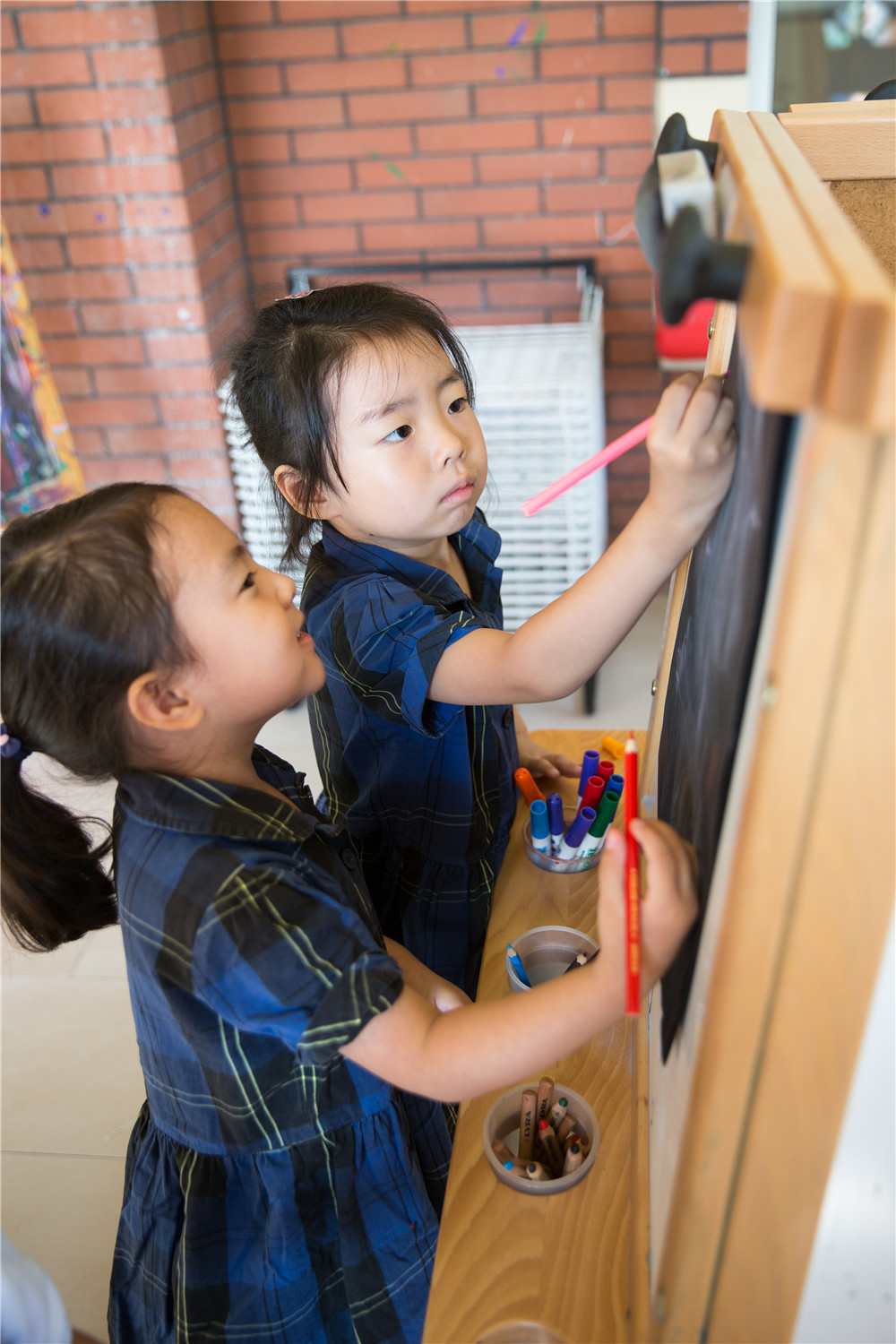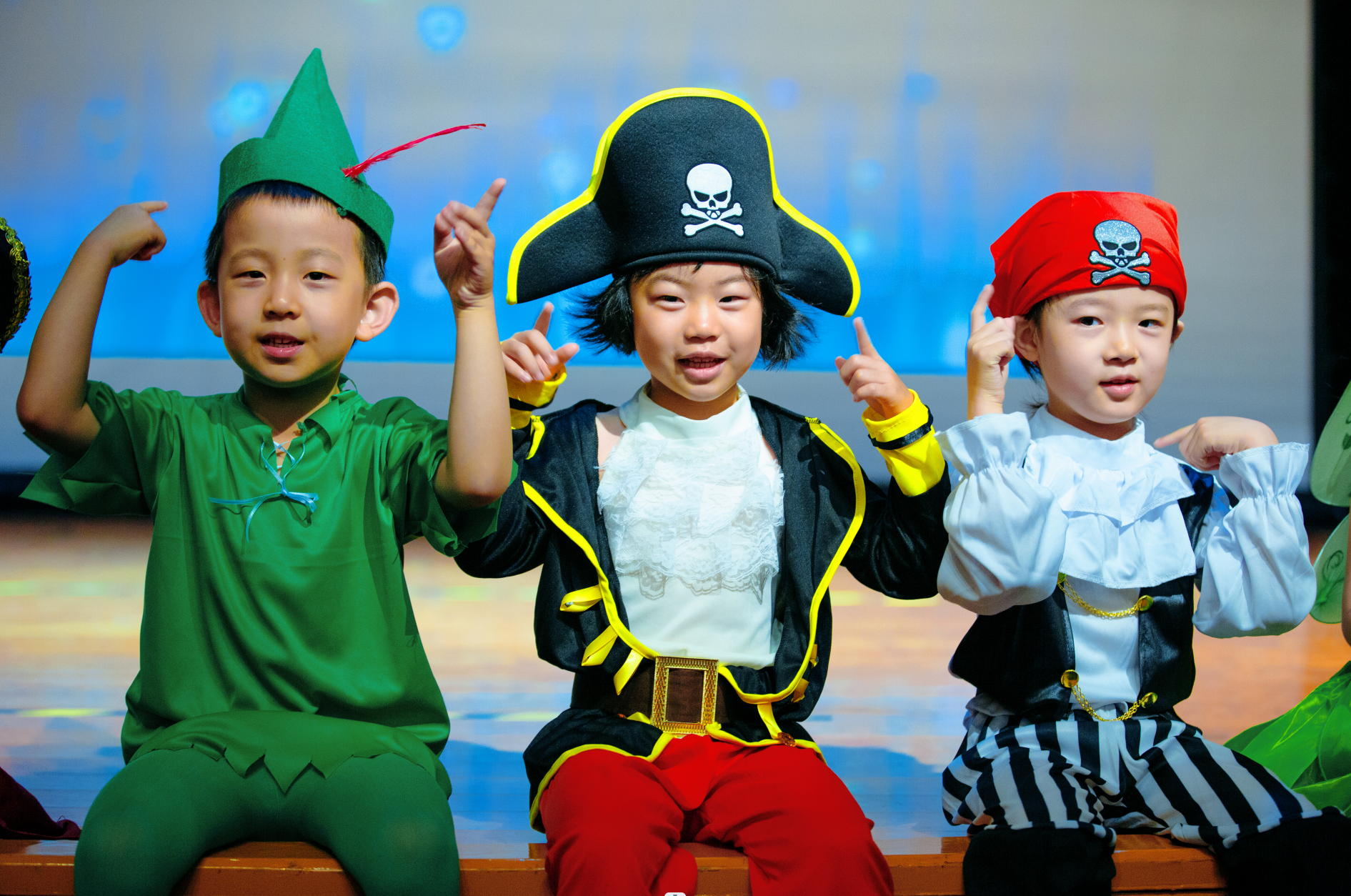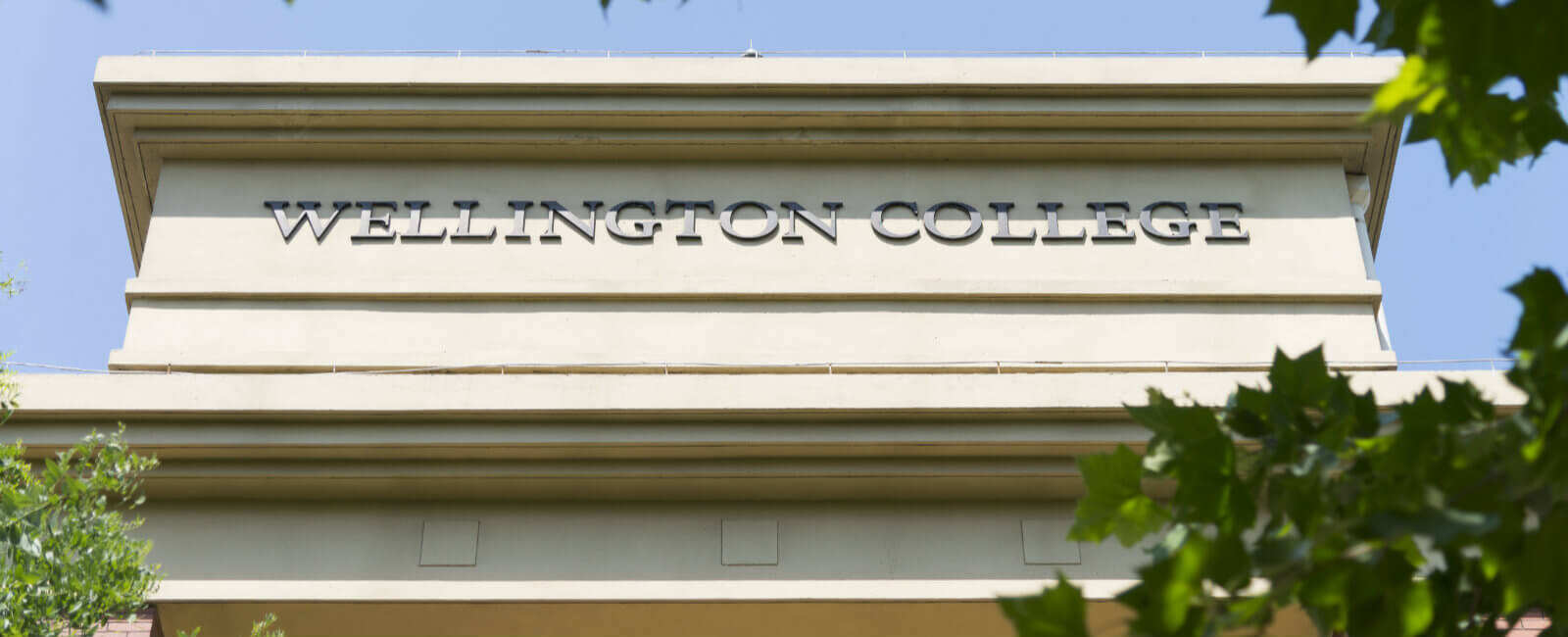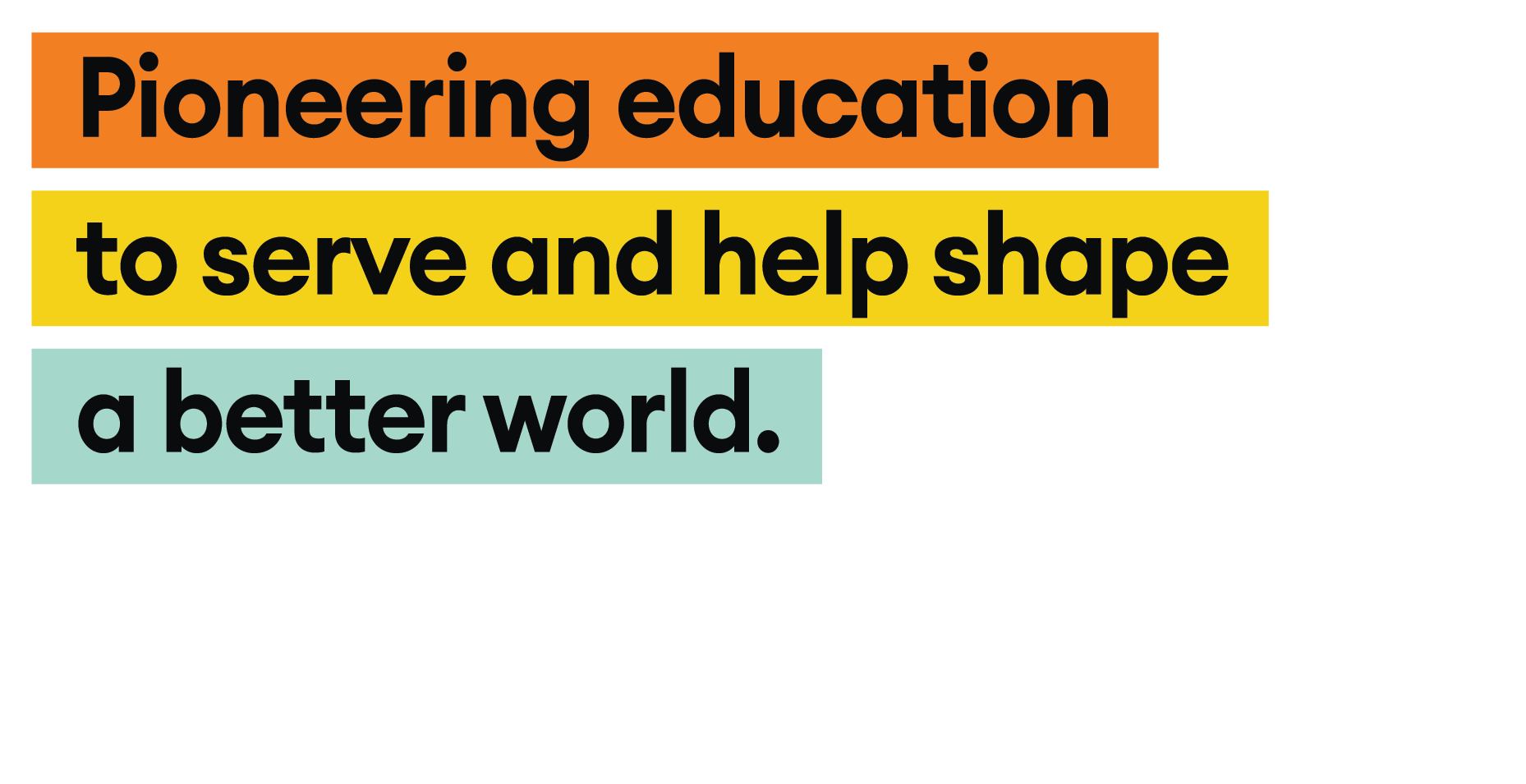Growth Mindset
28 Feb 2020

From the Master 来自校长
Dear parents I have written a good deal about the importance of fostering a strong spirit of resilience in our pupils here at Wellington. During more normal times, my purpose is to highlight the need for young people leaving school at 18 years of age to be ready to face the wider world with a degree of self-confidence and with the certainty that they are armed with the tools to flourish at university and in their careers. But these, of course, are not normal times and pupils, parents and staff have had to draw on deep reserves of resilience to help them through the long periods of uncertainty created by the spread of Covid-19. The experience of these past few weeks has taught me a great deal about our community, and in particular the calm and reasoned way that families have responded the challenges of the outbreak. Despite the inevitable frustrations that surround such an incident, particularly the difficulty in finding reliable, accurate news and information, people across the community have responded with a stoicism and sang froid that is admirable. Here in Tianjin, the city has been remarkably successful in limiting the number of infectious cases, and whilst the measures have restricted businesses and leisure activities, the rapidity of the measures and their comprehensive nature have served to limit the spread of the virus. So, what is known at this stage, and what is still to be decided? The first, and most obvious, is the date for the physical reopening of the school. There is no set date, I am afraid, and thus the school’s focus on its teaching continues to be through eLearning. As soon as we have been authorised to do so, the school will reopen, and, as you will know from my letter earlier in the week, we will use the period scheduled for the Qingming/Easter holiday break as face-to-face teaching time. Secondly, there is now more clarity over the quarantine period required by the authorities. For all those returning from outside the city, there is a 14-day quarantine which must be observed; as the virus continues to spread to other countries, it is even more important than ever to observe this period. Thirdly, for those pupils and their families who have public examinations looming in May and June, please be assured that Mrs Popovic and Mr Ogando, the examinations’ officer, are in regular contact with the exam boards and Mrs Sabio is coordinating with universities. There are already a number of measures in place to support exam candidates, and as more details emerge, we will be writing to parents of those concerned in the next few days. Finally, it will come as no surprise to hear that a number of our school events have had to be cancelled or postponed. The much-anticipated musical, Chicago, will be postponed until October, so that we do not lose that invaluable experience altogether. For details of other events and trips that need to be cancelled, I will write to parents by the middle of March. This is where we are as a community. Adversity tests each individual uniquely, but it is the way in which we respond to it that marks us out as people. I have been hugely heartened by the stream of supportive emails from parents, colleagues and even pupils throughout this difficult time; it is clear that the resilience we cherish so much here at Wellington is greater than even I could have dreamed. I look forward to emerging from this outbreak as a stronger Wellington community, each of us having been tested and not found wanting. Best wishes Julian Jeffrey MASTER- Best overall piece of work
- Most Creative Award
- Best SPaG Award
- Best Vocabulary Award
- Most Well Presented Award
 For those that are asking, ‘how can I develop a growth mindset with my child’? Here are simple ways we cateach our children to ‘grow’ their brain:
For those that are asking, ‘how can I develop a growth mindset with my child’? Here are simple ways we cateach our children to ‘grow’ their brain:
- Help them understand that by continuing to practise and learn how to think and do something, their brain will develop. This fantastic ability of the brain to change and adapt through repeated practice is called neuroplasticity and shows that learning is a life-long journey.
- Practise Growth Mindset vocabulary such as saying, ‘I have not learnt how to do this yet’ instead of ‘I can’t do this’.
- Praising effort more than the outcome sends a strong message that, with hard work and determination, children can succeed instead of focusing on their talents or skills. For children who do well with minimal effort, refrain from saying how clever or smart they are but instead Dweck suggests saying, 'Okay, that was too easy for you. Let's see if there's something more challenging that you can learn from.'
- With every failure lies an opportunity to get it right the next time. I admit, this has been one of the hardest ones to teach my children as naturally, it is very difficult to see our children fail but this is important because inevitably, we will all fail at something in life. Allowing them to fail will teach them to take risks and embrace challenges as part of success.
- Encourage your child to seek help when they need it. Children who believe that intelligence is permanent are often afraid to ask for help for fear that others will view them as incompetent. On the contrary, children with a Growth Mindset understand that they have the ability to learn but will need help to get a head start.

 What makes the Growth Mindset mentality appeal to all of us is the notion that intelligence can be strengthened, that learning from setbacks can, if with the right perspective, lead to success.
Let’s all support each other ‘grow’ today!
What makes the Growth Mindset mentality appeal to all of us is the notion that intelligence can be strengthened, that learning from setbacks can, if with the right perspective, lead to success.
Let’s all support each other ‘grow’ today!

Related Articles

How To Cope With Transition28 Jun 2019
Starting a new academic year can become a challenging time for many children and their families but with the support and encouragement of a caring adult and a positive and predictable learning enviro
Read More

Inquiry based learning through play in the Early Years22 Oct 2019
Inquiry and play based learning are essential in developing the cognitive, physical, social, and emotional well-being of children in the early learning years and is important to healthy brain developm
Read More

Life is education, a day of life is curriculum29 Oct 2019
Ms. Lisa Li Duputy Head of Early Years Time flies and children have been in school for nearly two months and I believe many parents would like to know what children learn and what we teach in the Nes
Read More





 Channel
Channel 
 Linkedin
Linkedin  Weibo
Weibo  Facebook
Facebook  Ins
Ins 



